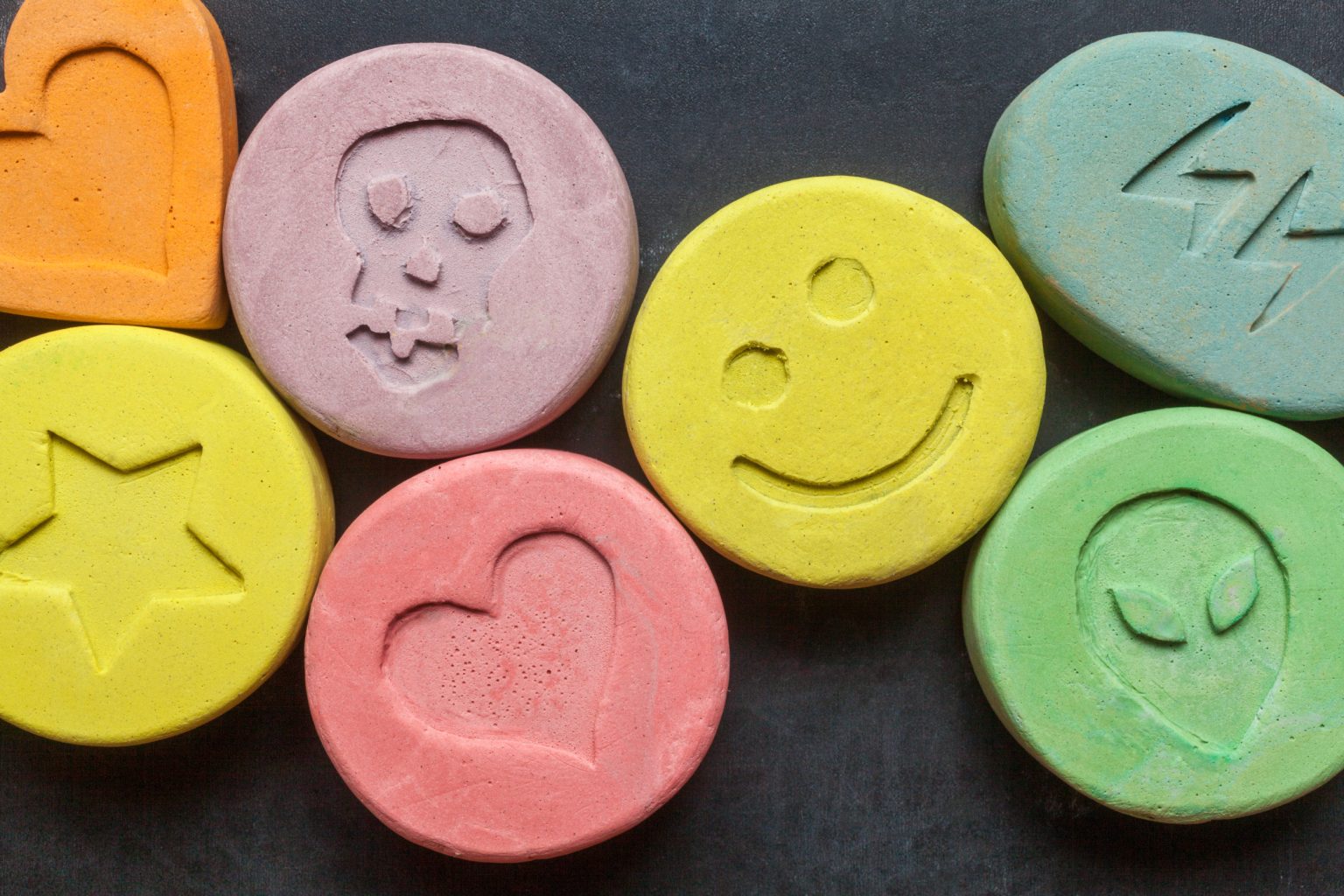The U.S. Food and Drug Administration (FDA) committee recently rejected the use of MDMA as a treatment for post-traumatic stress disorder (PTSD) following concerns about its safety and efficacy raised during an advisory committee meeting on June 4. Despite this decision, the discussion is ongoing, and MDMA may still become available in U.S. pharmacies. Ron Shore, a research scientist specializing in psychedelics, expressed concerns about the trial design, but also highlighted the need for new and better therapies for PTSD, emphasizing that this is not the final say on the drug application.
MDMA, also known as ecstasy, has been studied for its potential to treat PTSD, with promising results from recent trials conducted by Lykos Therapeutics, showing that those who received MDMA in conjunction with psychotherapy were more likely to no longer meet the diagnostic criteria for PTSD compared to those who received a placebo. However, concerns raised in a report from the Institute for Clinical and Economic Review included issues with blinding participants, sample bias, and the use of other treatments between initial and follow-up trials. Despite these concerns, there is ongoing interest in the potential of MDMA-assisted therapy for PTSD, and advocates believe that further refinement could make it a valuable treatment option.
Although the FDA’s rejection of MDMA for PTSD treatment has tempered expectations, it has not shut the door on psychedelics. Shore explained that psychedelic trial design issues are well-known in the research community, and that the regulatory approval process for MDMA is a precedent that everyone is learning from in order to conduct future research effectively. There is still significant interest in the potential of MDMA-assisted therapy, and Lykos Therapeutics plans to address the FDA’s concerns in future studies by focusing on study design, therapeutic protocols, patient safety, and risk mitigation.
Moving forward, Shore believes that continuing the drug development process with a focus on addressing concerns related to study design and therapy protocols, patient safety, and risk mitigation is important. This will give society and clinicians more time to prepare for the unique considerations of novel therapies like MDMA-assisted therapy, and ultimately meet the huge demand for new and better treatments in mental health, especially among Veterans. Despite the FDA’s rejection, the research into MDMA for PTSD treatment is ongoing, and there is hope that with further refinement and addressing concerns, it could still become a valuable treatment option.
In conclusion, while the FDA committee recently rejected the use of MDMA as a treatment for PTSD, the discussion is ongoing, and there is still significant interest in its potential. Advocates believe that with further refinement and addressing concerns raised by the FDA, MDMA could become a valuable treatment option for PTSD. The regulatory approval process for MDMA has provided a learning experience for researchers and clinicians in conducting research on psychedelic therapies, and efforts are being made to prepare for the unique considerations of these novel therapies. Despite the rejection, the research into MDMA-assisted therapy for PTSD continues, with plans to address concerns and improve study design in future trials.


